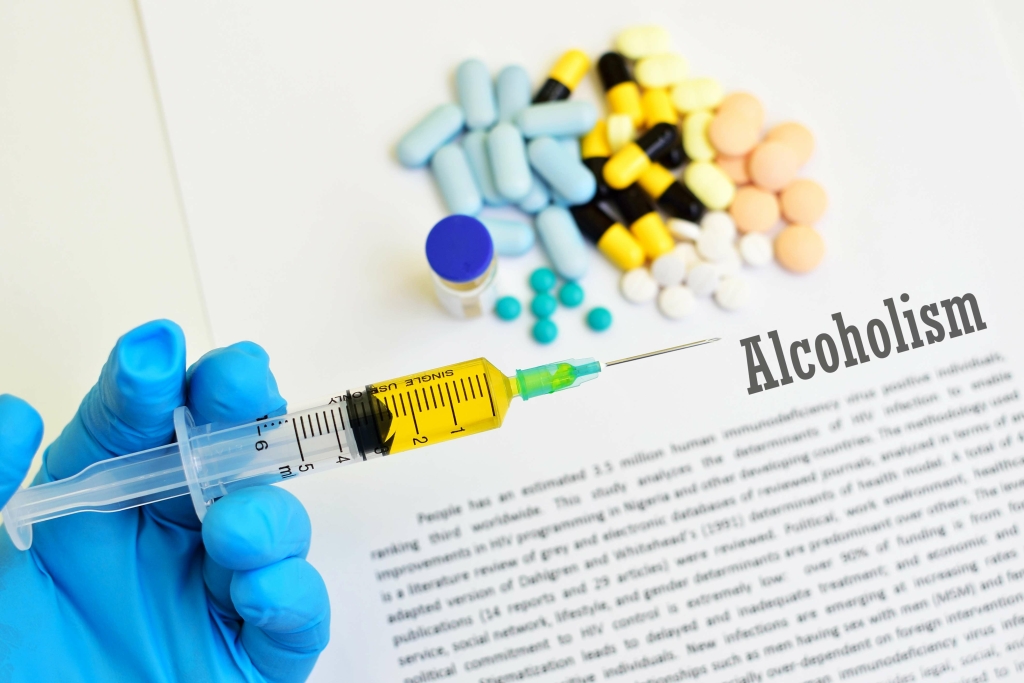For instance, if you got into a bad car accident while listening to a certain song or while chewing grape bubble gum, these sensory experiences could become triggers for years to come. Finding activities that bring you joy can be a great way to cope with triggers in the moment. Contact a treatment provider today to find your way to peace and sobriety. We provide you with the resources and support you need http://nabokov-lit.ru/words/b-71/18.htm for a successful recovery that helps you now and throughout your entire life. We also emphasize the importance of building a strong support network, both inside and outside of treatment, to help you navigate the inevitable challenges of recovery. External triggers are influences from your environment that remind you of past substance use.

Have You Ever Experienced Any Of These Relapse Triggers In Your Life
It’s important for people in recovery to be aware of the internal triggers they struggle with the most and have a plan in place to seek support when needed. Friends and family may not understand the consequences of negative behaviors toward people in recovery. These behaviors can make the individuals feel alienated and push them toward substance use. Engaging in activities that bring you joy is an excellent way to cope with triggers when they arise. Sometimes, it’s necessary to distance yourself from friends who still engage in substance use to avoid being tempted or triggered by their behaviors.

Create healthy habits
- Recognition and avoidance of potentialtriggerswill be a key part of any recovery process.
- This involves being mindful of one’s surroundings and understanding how different elements in the environment might affect their state of mind and emotional balance.
- There is a wide variety of smells that can serve as a common relapse trigger.
- When feeling bored, individuals may be more likely to seek out activities or substances that provide temporary relief or excitement, leading to a return to addictive behaviors.
- This might include seeking professional help, such as therapy or counseling, to better understand and manage these emotions.
Understanding, identifying and working to prevent triggers can be more http://citus.ru/tags/%C1%E5%F0%E5%EC%E5%ED%ED%EE%F1%F2%FC/ empowering and effective. A trigger, sometimes referred to as a stressor, is an action or situation that can lead to an adverse emotional reaction. In the context of mental illness, referring to triggers usually means something that has brought on or worsened symptoms.

What Is the Cycle of Addiction?
It will help you maintain a safe environment that supports your recovery journey. While it can be difficult to control triggers, those who experience them can learn from past experiences, apply what they learn, and limit the risk of being re-triggered. Avoid http://www.2on2.ru/sbornaya.htm only focusing on what happens after a trigger; also focus on what can be done beforehand.
- We will also provide some examples of internal and external triggers, including emotional triggers in recovery.
- Cravings come and go, so if you don’t know where to buy drugs, you will be over the craving long before you think of a way to find a drug connection again.
- Imagine attending a cocaine addiction treatment center where they teach you about the 12 steps of Alcoholics Anonymous.
- For people with past substance use disorder, triggers can be any internal or external stimulus that intensely and often uncontrollably reminds them of using drugs or alcohol.
